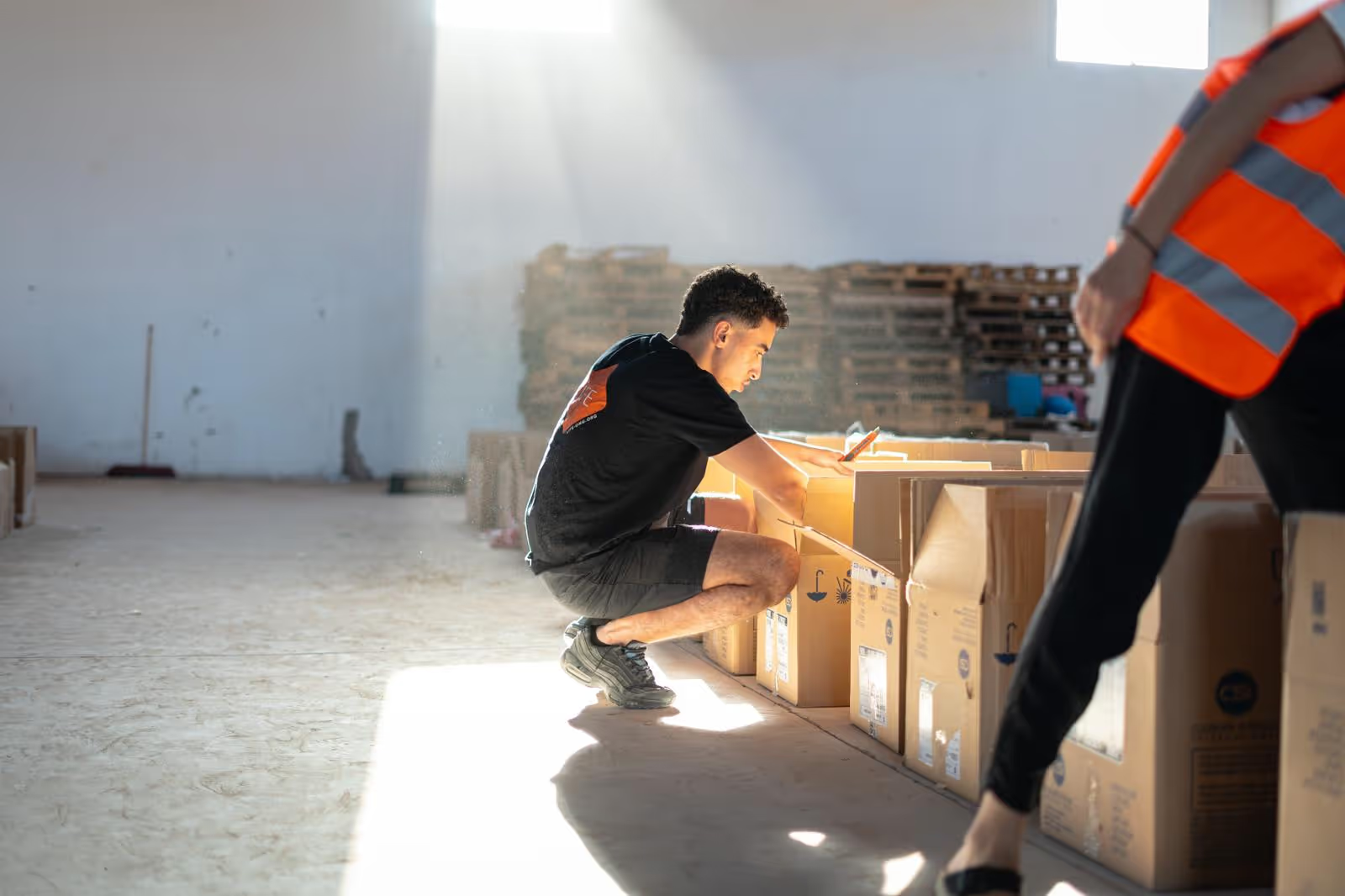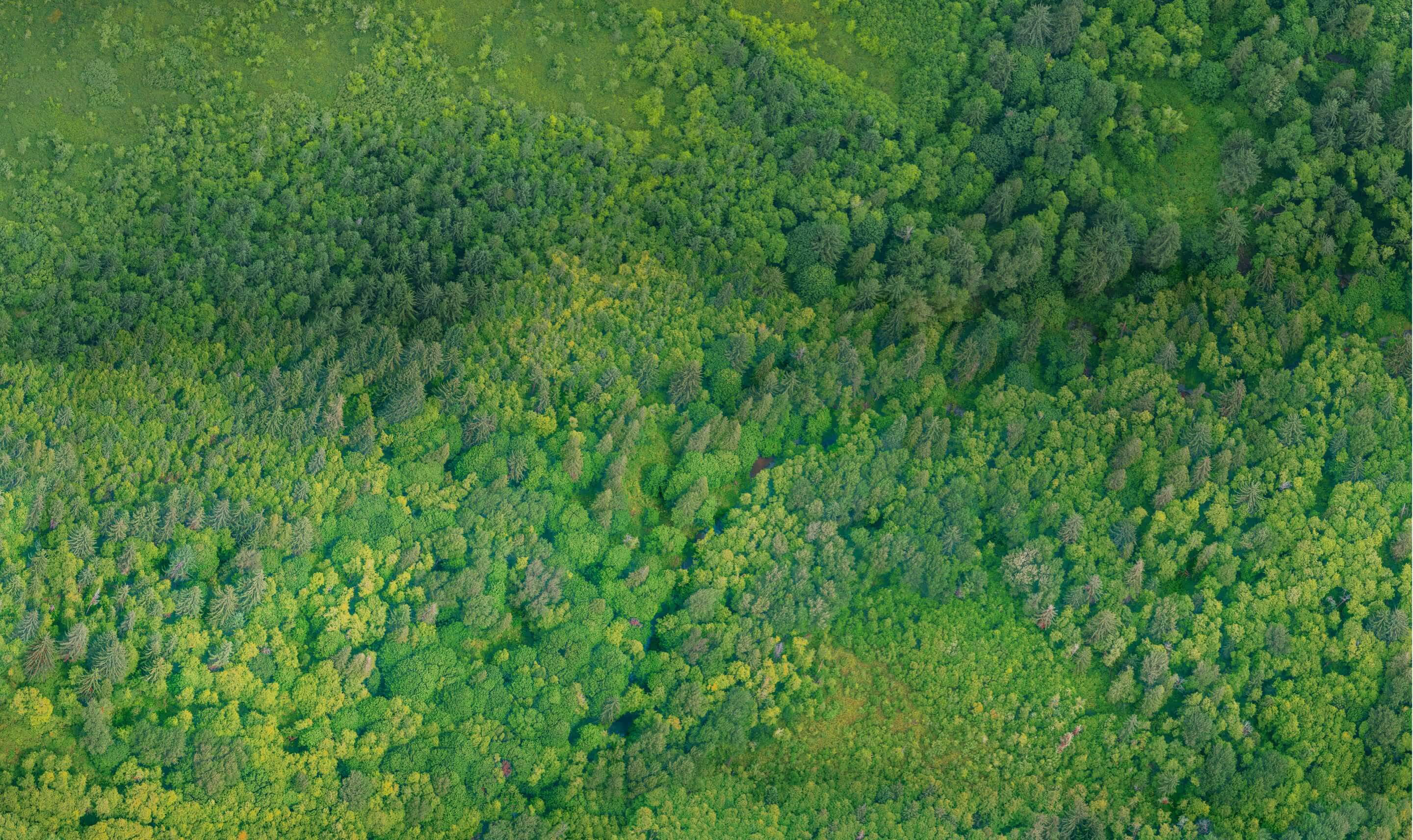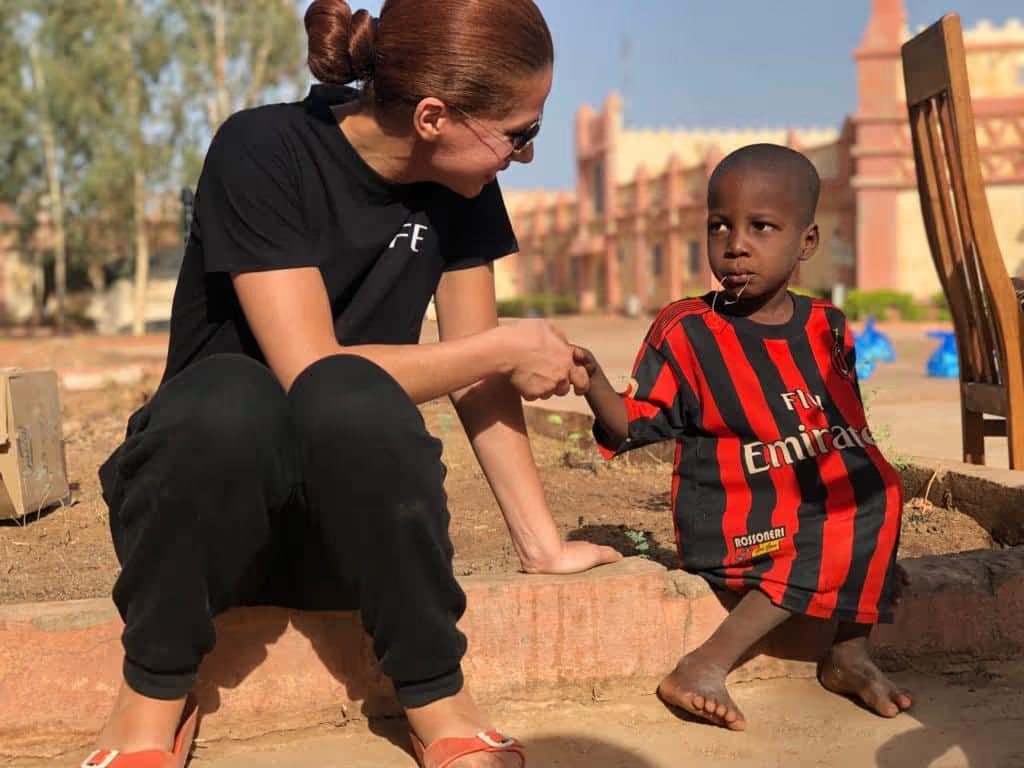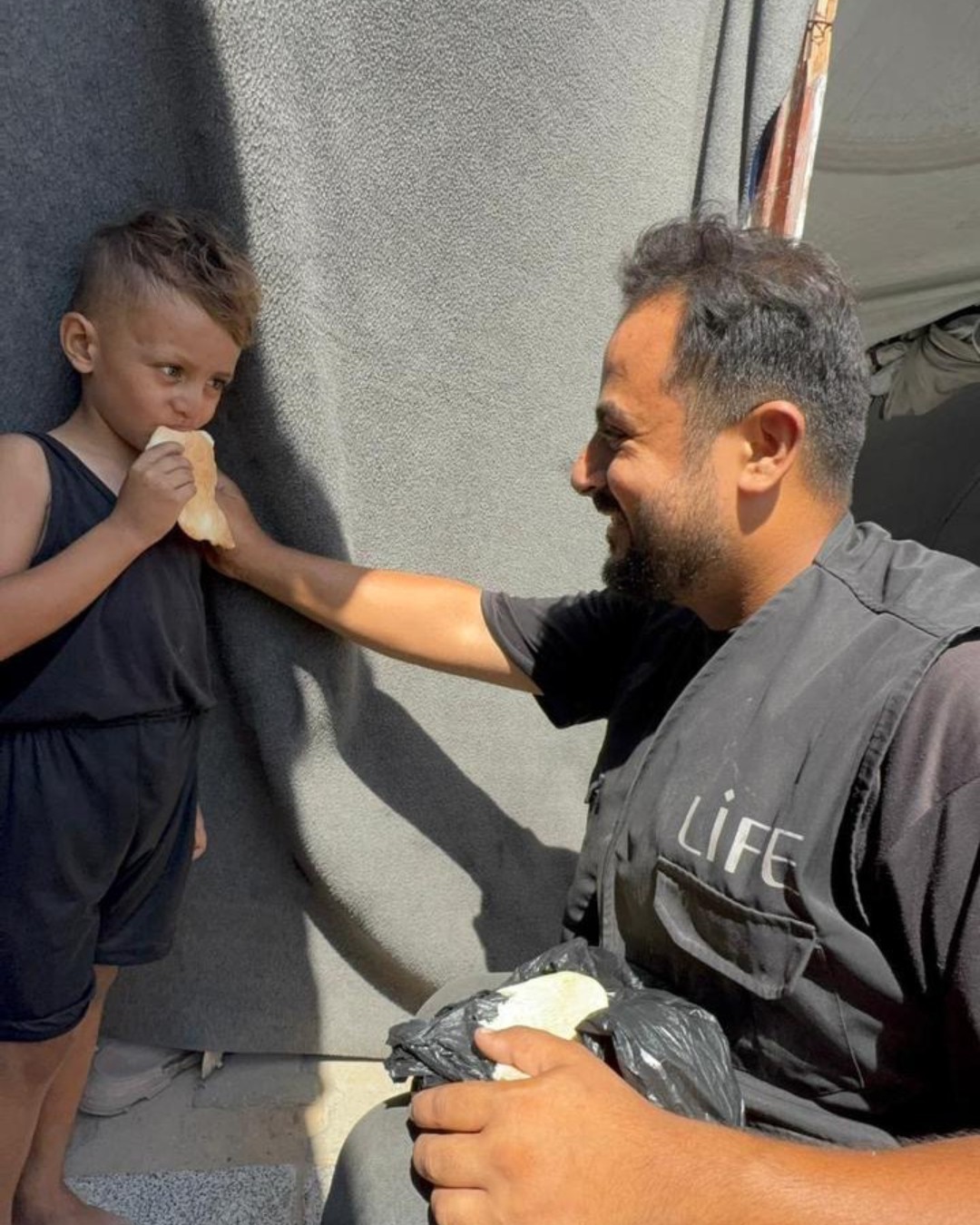Together, let's build wells in Africa

Turning on the tap to have access to drinking water is a trivial gesture for us. In some African countries, we are far from it. Blue gold is a luxury there. According to UNICEF more than 263 million people still live more than 30 minutes from the first water point. However, on this continent, there is water! There are more than 5000 billion cubic meters in its groundwater. So why this paradox? Africa is suffering from poor management of this essential natural resource. But we have the opportunity to change that! There is a solution to provide populations with drinking water close to where they live: drilling wells. They provide them with what they need and even more: prospects for economic and social development.
So, while the situation may seem worrisome, we can join forces to turn these challenges into victory. Together, we have the power to build a better future for these populations through the construction of wells. Every gesture, every action counts!

The challenge of access to drinking water in Africa
In Africa, access to clean water, although complex, is a battle fought bravely by many communities. Yes, according to the United Nations, only 1 in 4 Africans currently has access to a safe water source, but that reality can change. The difficulties faced by populations are very real. Let us always keep in mind that through them opportunities for transformation are emerging through collective awareness and concerted actions.
Making water points accessible
Among the challenges encountered, the remoteness of water sources is a major problem. Unthinkable for us? And yet, every day, many Africans have to walk long hours to reach a water point. In rural areas, the situation is particularly worrying and in cities there is a lack of water supply infrastructure.
Ensuring the potability of water
In addition to being remote, water sources in Africa are often not drinkable. There are several reasons for this:
- The lack of adapted infrastructures:Many regions of Africa, especially in rural areas, lack water treatment and drinking water distribution infrastructure. Relying on natural sources like lakes or rivers exposes villagers to water contaminated with pathogens.
- Microbiological contamination: Bacteria, viruses and parasites present in water can cause diseases, known as waterborne diseases, such as diarrhea, cholera, polio, or typhoid fever. They are one of the main sources of mortality in the world. 2.6 million people, including 361,000 children under the age of 5, die from it every year in the world !
- Chemical contamination: In addition to microbiological contamination, numerous water sources containing agricultural chemicals or industrial pollutants can be found.
Addressing drought and climate change
Many water sources are seasonal. They are only available for part of the year. The ongoing drought is thus further reducing access to drinking water.
Limiting conflicts and political instability
Water scarcity is a major factor in conflicts. Around Lake Chad, for example, there is violence between those who need it and those who do not want to compromise. These tensions and political instability are disrupting water and sanitation infrastructures and making access to water even more difficult.
Predicting the population boom
Africa, especially sub-Saharan Africa, is experiencing rapid population growth even if the situations are extremely varied between countries and between rural and urban areas. Water needs are increasing both for domestic use and for the agricultural sector.
Wells, a promise for the future?
In this context, drill wells near local communities contributes significantly to improving their daily lives. And while the easy access to clean water that they allow is the first benefit that comes to mind, it is only the starting point for a better future!

Towards more education, more opportunities
Do you know that collecting water for the family is most of the time cared for by women and children and this at the expense of their education? Without long hours of walking, they can finally get to school more easily. Women, on the other hand, will have more time to work and take advantage of employment opportunities or engage in productive activities. The establishment of a well thus contributes to breaking the cycles of poverty and gender inequality. But that's not all! They also allow women to be better protected, because now they no longer take paths that are sometimes dangerous for them.
The guarantee of better health
Drilling a well means digging deep into the ground to reach a groundwater source, usually groundwater. These waters are fortunate to be less vulnerable to seasonal fluctuations, weather conditions and contaminations.. Drinking this clean and drinkable water allows the population to be in better health and the infant mortality rate decreases considerably.
Greater food security
Wells irrigate agricultural land and as said before, the water is more stable and reliable. Thanks to them, the villagers are seeing their food production increase and their livestock can drink water!
Vectors of economic development
Water is essential for farmers, artisans and entrepreneurs. It encourages the creation of local businesses and stimulates economic development. Building a well is therefore a growth engine for communities. They are paving the way for a more prosperous future for them.
How does the construction of a well take place in Africa?
Not all wells are the same. The construction and drilling technique chosen depends on the needs of the population, local conditions, the depth at which the water is located and the financing available. Several types of wells adapt to local specificities, but let's focus on those that LIFE sets up:
- The village well : dug 20 meters away, and equipped with a mechanical or electric pump, it brings joy and hope to 500 villagers.
- The city well or water tower : dug 60 meters away, it integrates an electric pump powered by solar panels. Thanks to him, the daily lives of 1000 people can be significantly improved.

Let us all act together, but with whom?
In this great mission to bring drinking water to Africa, international organizations such as our NGO LIFE, UNICEF, WHO or NGOs such as Solidaritas International, are mobilizing to build wells. Local organizations are also actively working.
Since 2009, our NGO has been working tirelessly to provide access to drinking water, especially in Africa. LIFE has already allowed thousands of people to have access to a source of life with the completion of more than 2,000 boreholes in 12 countries. By offering a source of life in Africa with LIFE, our Lifechangers have access to the GPS coordinates of the water point, photos and videos of the work, etc. They are informed in real time of the progress of the project. In this way, they can joyfully discover their generosity in action that changes lives.
Let's overcome challenges
The mobilization of all these actors is bearing fruit! Wells are multiplying in Africa and a great deal of progress has been made in recent years. However, it is clear that we must continue to roll up our sleeves and overcome some obstacles. Together, we can achieve achieve the 17 Sustainable Development Goals (SDGs) by 2030, especially in the area of access to water!
Increase financial resources
Many African regions do not have the resources to undertake well drilling projects. Solutions and techniques help reduce costs (reconsideration of the equipment usually used, size of the well, etc.), but the financial challenge remains. This is why everyone's action and investment are essential. Each donation is a piece that contributes to bridging the funding gap!
Ensuring the maintenance and durability of wells
essential. For local communities to ensure this, they must be trained in maintenance and hygiene. That is why at LIFE, during each well construction, we do everything possible to make them autonomous. We are organizing a water management committee composed of members of the local population who will ensure the protection of the well and its maintenance. But that's not all! Future users are also made aware of best practices and an audit system ensures the regular verification of the functioning of the system and the quality of the water.
Better management of water resources
The more wells we build, the more we will contribute to better management of water resources. By distributing water from groundwater or groundwater sources, they also reduce the pressure exerted on surface water. Well drilling in Africa is much more than just an initiative. It is a promise of hope, health and development. It is a commitment to improving the quality of life of local communities, an investment in education, and a path to a brighter future. There is still a lot of work to be done, but together we can be the change we want to see in Africa. Every action counts, every well dug is a step towards a brighter future for an entire continent. Join us to make a difference and become a Lifechanger! Every action counts. Together, we can make a difference by providing access to clean water in Africa.
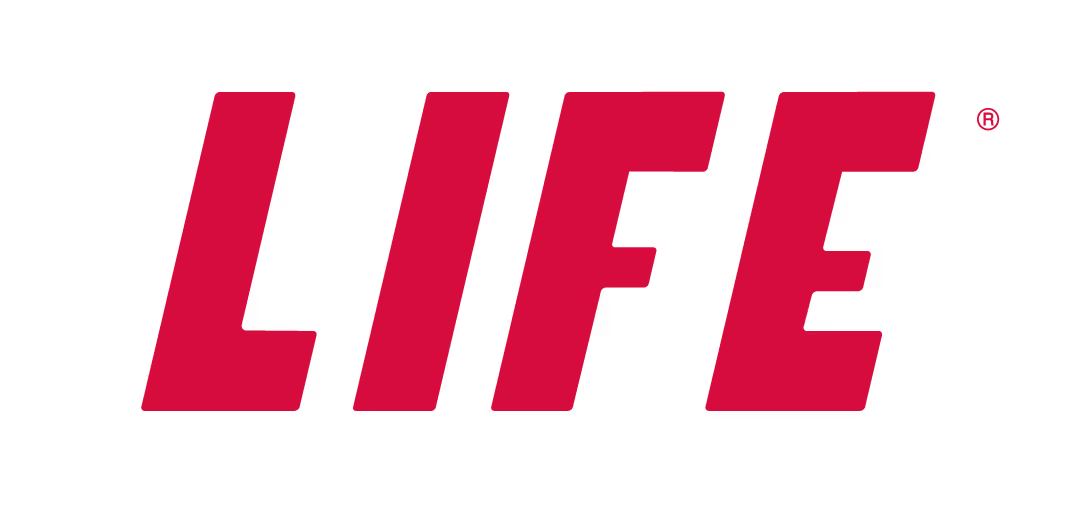


.avif)
